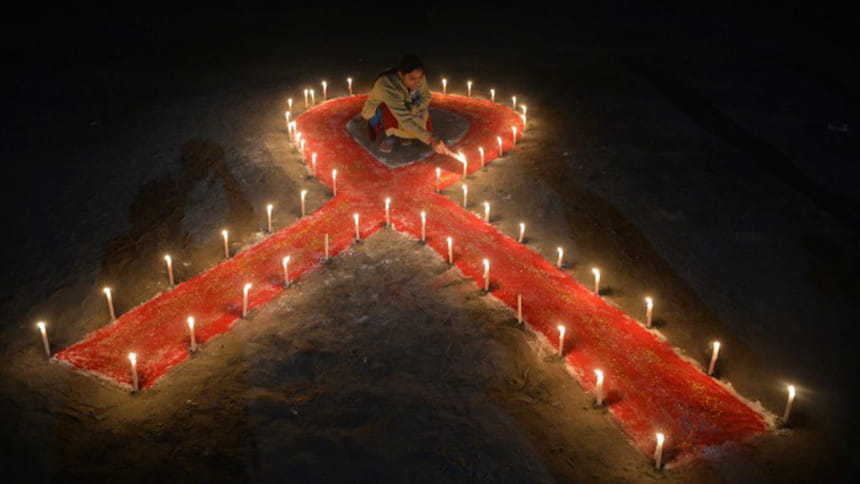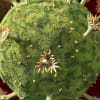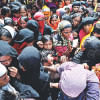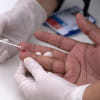People with HIV shocked by data leak in Singapore

The revelation that the personal information of 14,200 people with HIV was leaked has stunned people living with the virus in Singapore.
People like 45-year-old Mr G. Chew told The Straits Times on Monday (Jan 28) that the leak has risked both his personal and professional reputation.
"My company is of course aware that I have HIV, and I am fairly open about it to well-meaning friends who ask me about my illness out of genuine concern," said Mr Chew, an administrative officer who has been contacted by the Ministry of Health (MOH) that he was affected by the data leak.
"However, I definitely fear that all this personal information might be publicly available to people at my workplace and beyond to scrutinise. Also, it's the Internet - once it's up there and shared over and over, it's inerasable.
"There is still a great stigma against people who have HIV. Information that I have HIV is definitely not something I want online. It's not like it's an award."
Meanwhile, when Jay (not his real name), who is in his 20s, heard news of the leak, his first thought was of his 60-year-old mother and the harassment and judgment she could face from family and friends.
"Having HIV is to me an embarrassing thing and definitely an extremely private matter," Jay told the ST, adding that only one close friend had known about his illness.
He was diagnosed around 2011 which means he is among the affected individuals though he has not been contacted by MOH.
"I have not told my mother about it, and I don't intend to. I have accepted that AIDS is what I have to live with forever, but I am afraid that if this information is made public, that my family and close friends will be ostracised and laughed at."
MOH revealed that some 1,900 names in the leaked data were of people who had already died.
Ms C. Koh, 31, said she suspects her late brother, who was diagnosed in 2008 and died of HIV-related medical complications in 2016, might be on the list. She said she hopes her family would also receive advice from MOH on what to do if their deceased family member's data has indeed been leaked.
"After my brother passed, my father and I thought that this situation could be put to bed. We are very concerned that his data - including our home address - might be spread online by malicious people," Ms Koh said.
"This is opening old wounds for us, and the idea that my late brother's personal data is, even now, not secure, is very disturbing. We want to know why people like him are being targeted."
In a statement on Monday night, advocacy group Action for Aids (AFA) said it is deeply troubled by the incident which it said could damage the lives of persons living with HIV and their loved ones.
"We stand with all whose private information may have been accessed and violated. This is a criminal act that should be condemned and answered in the most severe terms possible." AFA president Roy Chan said.
Professor Chan urged the public to refrain from sharing the leaked details if they come across such information.
"We understand that this is a trying time for the many who are affected by this breach, and we would like to express our solidarity as a community that have been affected by HIV," he added.

 For all latest news, follow The Daily Star's Google News channel.
For all latest news, follow The Daily Star's Google News channel. 








Comments